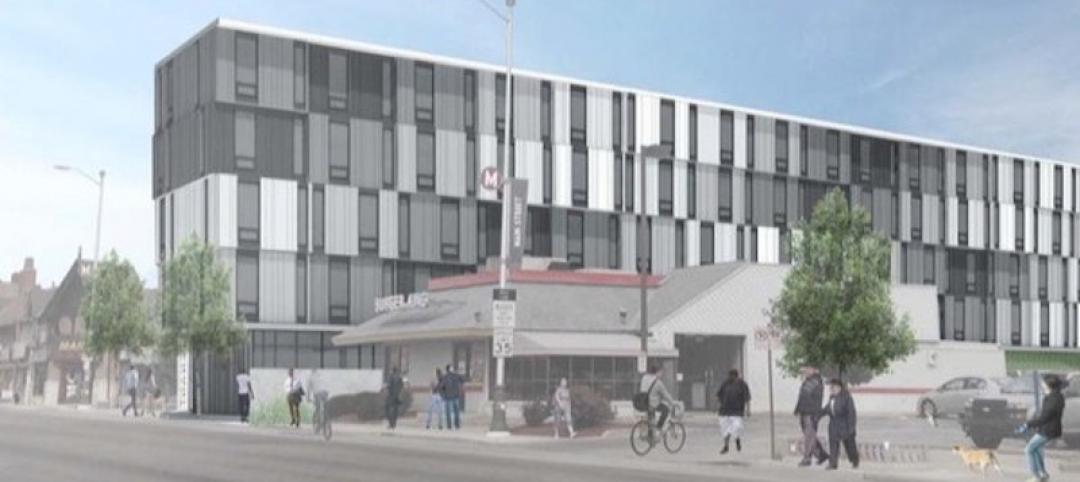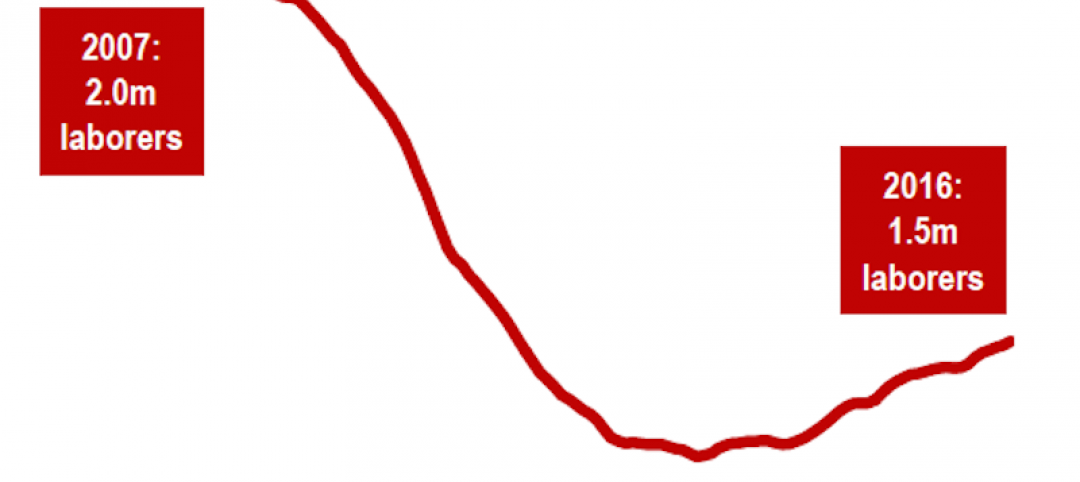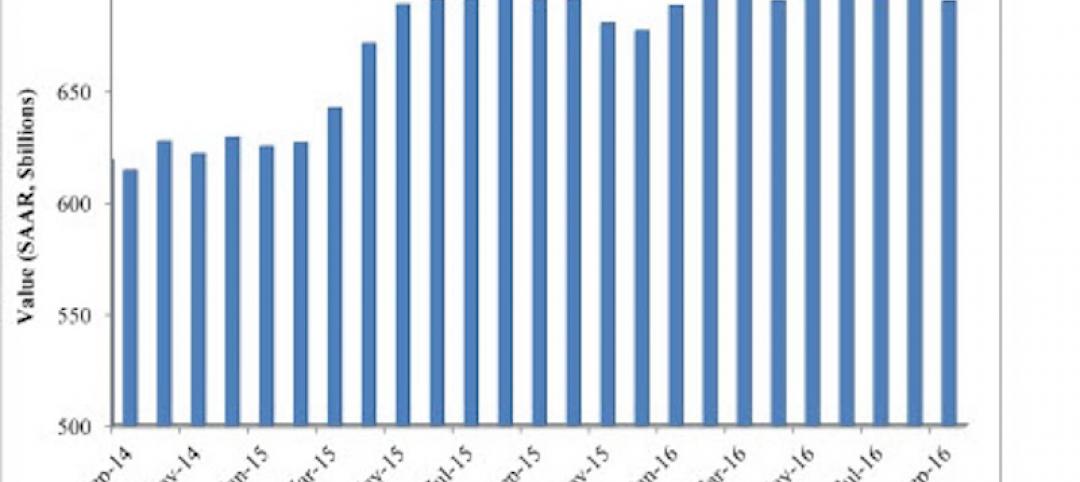Numerous impediments to completing construction projects led to declines in most categories of private construction spending in March, according to an analysis by the Associated General Contractors of America of government data released today. Association officials warn that the Treasury Department’s threats to audit or prosecute some Paycheck Protection Program loan recipients and deny loan recipients tax deductions are making it harder for construction firms already coping with declining private-sector demand to retain staff.
“Unfortunately, these numbers are only the beginning of what seems sure to be a steep decline in construction spending as current projects finish and new work is canceled or postponed indefinitely,” said Ken Simonson, the association’s chief economist. “Our latest survey found that projects as far out as June or later were being canceled last month.”
The economist noted that 10 out of 11 private nonresidential construction categories in the Census Bureau’s monthly construction spending release declined from February to March. The only exception—communication construction—probably reflected increased demand for structures to accommodate the jump in video conferencing for business, educational and personal use, Simonson added.
“In addition to the downturn in private construction, public categories were mixed,” Simonson said. “For instance, highway and street construction spending increased by 4.6 percent, which probably reflected favorable weather and the ability of highway contractors to work longer hours on nearly-deserted roads. But other major public segments, including educational construction and transportation structures such as transit projects, declined. Further declines in public construction are likely as state and local governments struggle to balance their budgets in the face of unbudgeted expenses and steep, unanticipated revenue decreases.”
Association officials said that several recent announcements by the Treasury Department are causing significant confusion about, and potentially undermining, the Paycheck Protection Program loans. They noted that recent threats by the Treasury Department to audit, or possibly even prosecute, firms that qualified for the loans was causing many firms to reconsider using the funds to protect payrolls. They added that a new IRS decision to deny tax deductions for wages and business expenses to loan recipients was also counterproductive.
“The fact that the Treasury Department continues to move the goal posts on its Paycheck Protection Program guidance is hurting construction firms that are already coping with declining private-sector demand and the prospects of significantly reduced state and local funding,” said Stephen E. Sandherr, the association’s chief executive officer. “Without further clarification from the Treasury Department, some employers may just decide it is better to return their loans and cut staff than run the risk of audit and investigation.”
Related Stories
Market Data | Nov 30, 2016
Marcum Commercial Construction Index reports industry outlook has shifted; more change expected
Overall nonresidential construction spending in September totaled $690.5 billion, down a slight 0.7 percent from a year earlier.
Industry Research | Nov 30, 2016
Multifamily millennials: Here is what millennial renters want in 2017
It’s all about technology and convenience when it comes to the things millennial renters value most in a multifamily facility.
Market Data | Nov 29, 2016
It’s not just traditional infrastructure that requires investment
A national survey finds strong support for essential community buildings.
Industry Research | Nov 28, 2016
Building America: The Merit Shop Scorecard
ABC releases state rankings on policies affecting construction industry.
Multifamily Housing | Nov 28, 2016
Axiometrics predicts apartment deliveries will peak by mid 2017
New York is projected to lead the nation next year, thanks to construction delays in 2016
Market Data | Nov 22, 2016
Construction activity will slow next year: JLL
Risk, labor, and technology are impacting what gets built.
Market Data | Nov 17, 2016
Architecture Billings Index rebounds after two down months
Decline in new design contracts suggests volatility in design activity to persist.
Market Data | Nov 11, 2016
Brand marketing: Why the B2B world needs to embrace consumers
The relevance of brand recognition has always been debatable in the B2B universe. With notable exceptions like BASF, few manufacturers or industry groups see value in generating top-of-mind awareness for their products and services with consumers.
Industry Research | Nov 8, 2016
Austin, Texas wins ‘Top City’ in the Emerging Trends in Real Estate outlook
Austin was followed on the list by Dallas/Fort Worth, Texas and Portland, Ore.
Market Data | Nov 2, 2016
Nonresidential construction spending down in September, but August data upwardly revised
The government revised the August nonresidential construction spending estimate from $686.6 billion to $696.6 billion.
















